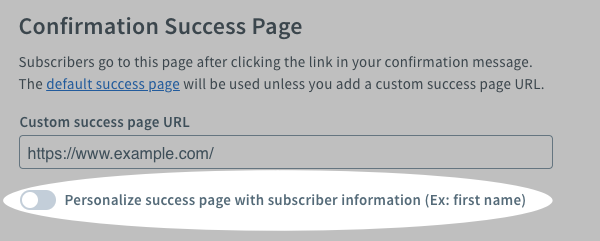


The handoff protocol did not increase the work load or take the doctor away from patient care, the group reported. The investigators were particularly interested in how much time doctors spent on the computer or in the handoff, and whether they were diverted from direct patient care. They conducted time-motion observations at all the study sites by assigning research assistants to follow doctors around with a stopwatch for 8 to 12 hours, and then conducted an end-of-rotation survey to assess residents' perception of the handoff training. For that reason the study team paid close attention to how much time the handoffs actually took. Medical residents are so busy during their shifts that they would be unlikely to adopt any transfer protocol that cost them extra time or mental energy. "Intuitively, I would say they are all important," Riesenberg said. "They did some amazing things that all link together as a well-constructed bundle, that on the face of it make a lot of good sense." It's not really possible to say which element of the bundle made the difference, she noted. Then they also included a piece on culture change, which is hard to implement. They also provided a computer module, which was helpful. You may be able to give the residents data on the importance of the handoff, she said, "but in order to do a really good handoff, you need practice, you need feedback, and they did that. They are not something you can teach in a didactic lecture," Riesenberg said. The I-PASS memory aid is modeled after the SBAR acronym (Situation, Background, Assessment, Recommendation) developed in the Kaiser Permanente system a few years ago to facilitate handoffs there.īeyond instruction on the mnemonic device, the I-PASS Handoff Bundle included six more elements: a 2-hour workshop to teach teamwork and communication a 1-hour role play and simulation exercise a computer module for independent learning a faculty development program direct observation tools for faculty to give feedback to residents and a process-change and culture-change campaign.Įrrors were assessed by having a research nurse compile weekly lists of potential incidents from multiple sources, with two blinded physicians then reviewing the lists to determine whether incidents represented medical errors or preventable adverse events. S: Situation awareness and contingency planning.Their mnemonic is called I-PASS, and was published in Pediatrics 3 years ago. Starmer's study group developed a mnemonic, or memory aid, to help doctors remember all the pieces of information they are expected to gather at the time of handoff. With shorter shifts, more handoffs occur. The Accreditation Council on Graduate Medical Education has limited the number of hours that medical residents may work. Over last 10 years, there has been increasing interest in understanding how fatigue affects medical decision-making.


 0 kommentar(er)
0 kommentar(er)
